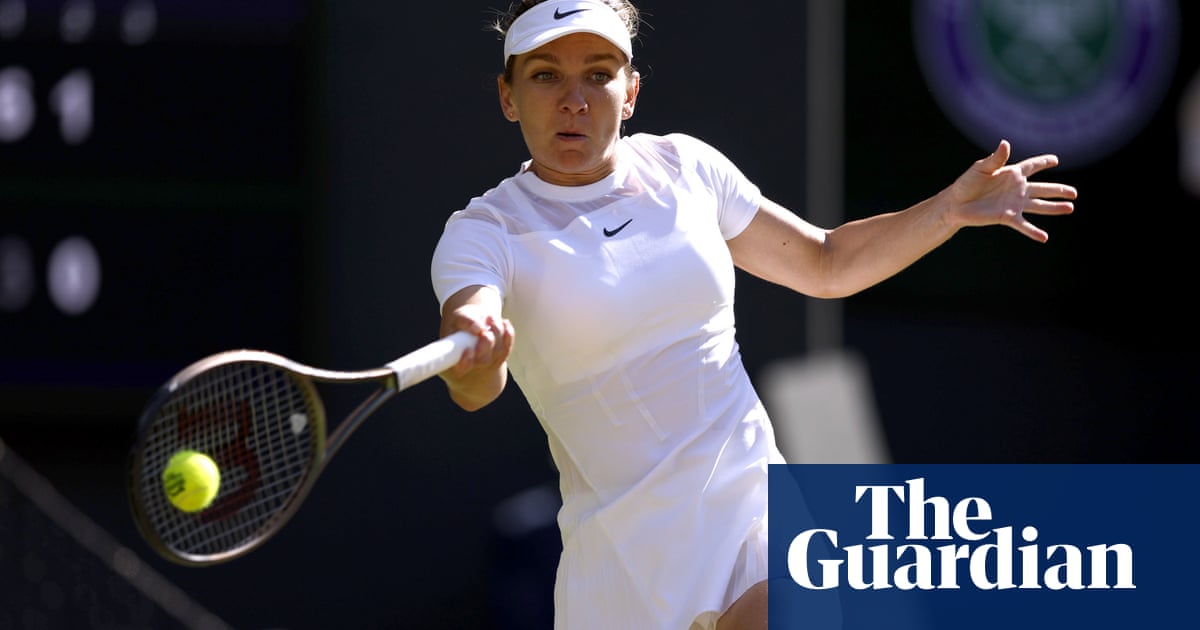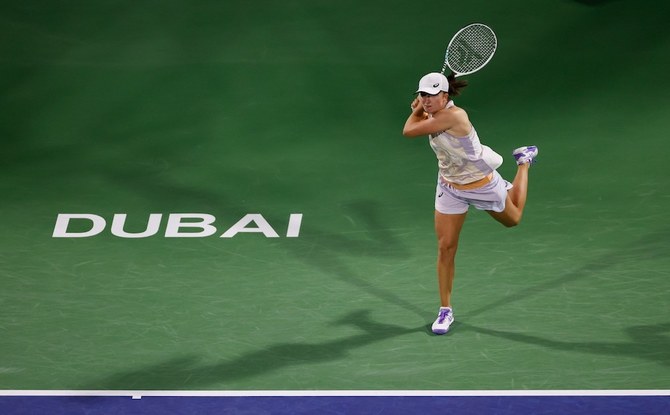
The independent tribunal that banned Simona Halep for four years for doping had “strong grounds for suspicion” that the Romanian was also blood doping at last year’s Wimbledon, its newly published 125-page decision reveals. However, it could not be “comfortably satisfied” that was the case as the 31-year-old did not have any blood tests between April and September 2022.
On Tuesday the former world No 1 was found to have intentionally taken the banned blood‑doping agent roxadustat after a test at the 2022 US Open in August. Separately, an expert panel also found that Halep had abnormalities in her athlete biological passport after an analysis of 51 of her blood samples.
Halep’s doping ban is fall from grace but ruling bodies can make process fairer
Read more
However the full decision, released on Thursday, reveals that the International Tennis Integrity Agency (ITIA) pushed for a more severe punishment and believed that she had blood-doped from at least March 2022 in preparation for Wimbledon and the US Open that year.
In response the panel stated: “A key allegation by the ITIA on aggravating circumstances is that the player must have been using one prohibited substance or prohibited method from March 2022 at the latest. However, although there are strong grounds for suspicion we are not comfortably satisfied that this is so.
Simona Halep says she"s "never doped" after being given four-year ban from tennis – video
01:07
Simona Halep says she"s "never doped" after being given four-year ban from tennis – video
“By contrast with their opinion relating to August 2022 and the US Open, there is no unequivocal assertion by the expert panel that the blood doping by the player was ‘highly likely’. The same applies to the allegation of blood doping in connection with the Wimbledon championships in June/July 2022 … There is a period from 27 April to 22 September for which the player’s blood values are unknown.”
Halep, who won the French Open in 2018 and Wimbledon a year later, insists she will fight the decision at the court of arbitration for sport after pleading her innocence. In a statement she said: “I am continuing to train and do everything in my power to clear my name of these false allegations.”
The full decision into Halep’s case also states that the panel believed it was “not realistically possible” that the levels of roxadustat in her body could have come from a Keto MCT supplement, as the Romanian had alleged.
While accepting that the supplement may have been tainted, something that experts disagreed over, it said that the levels in her body meant that she must have ingested roxadustat from “another source never identified”.












